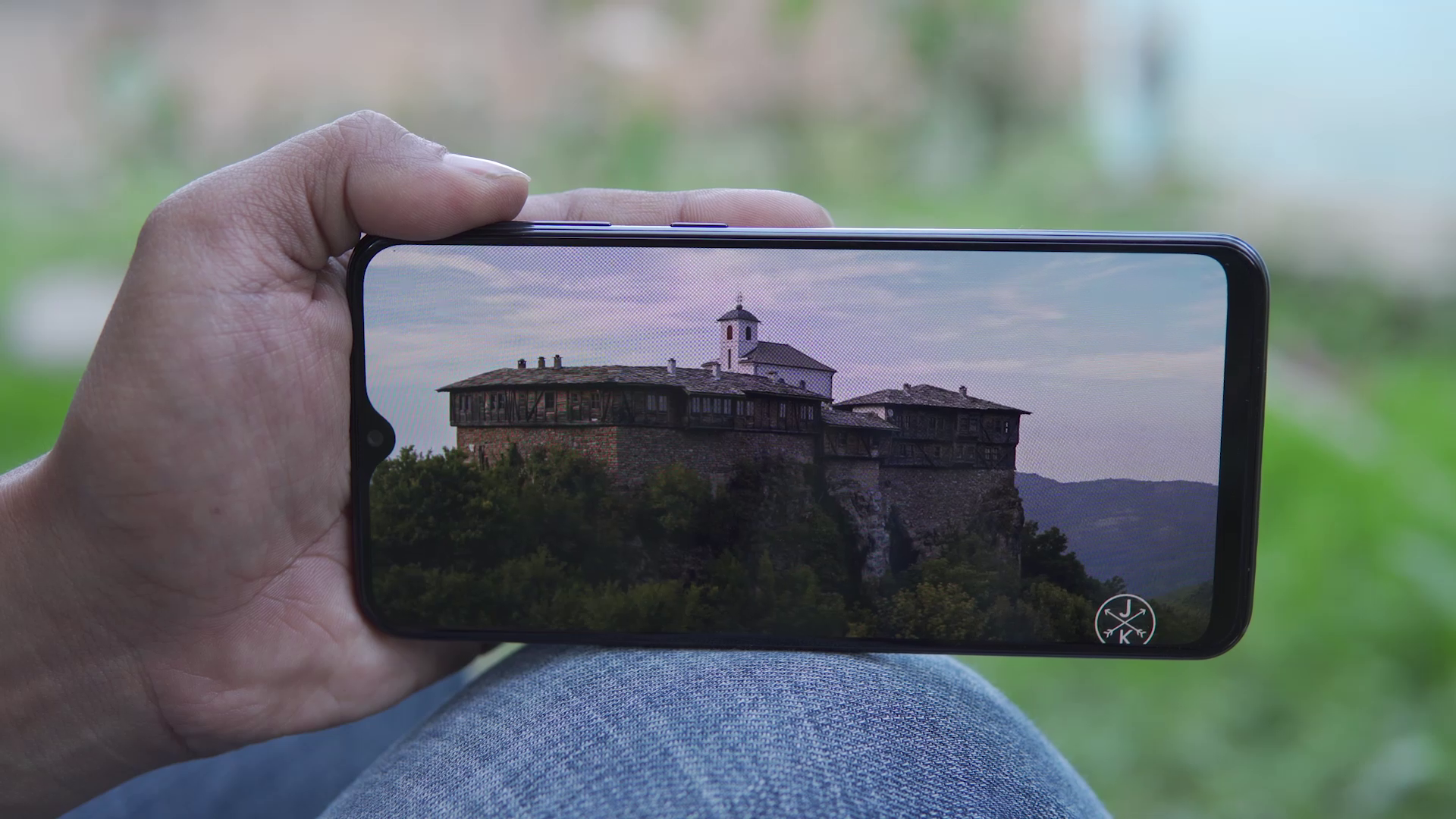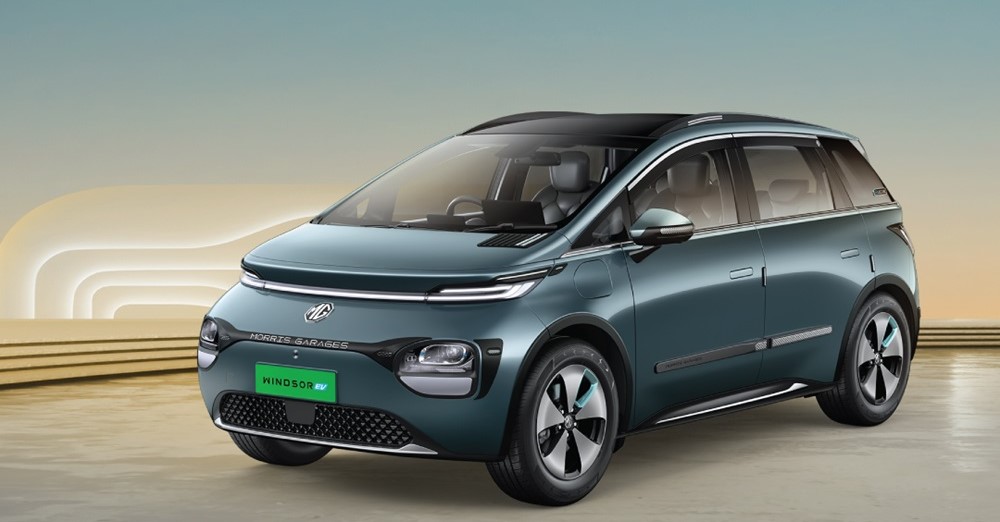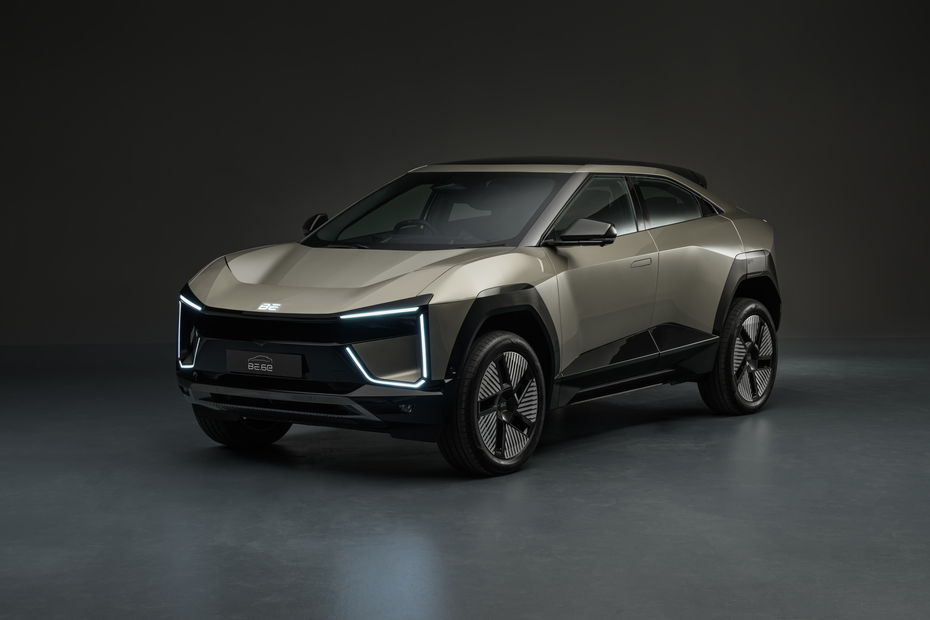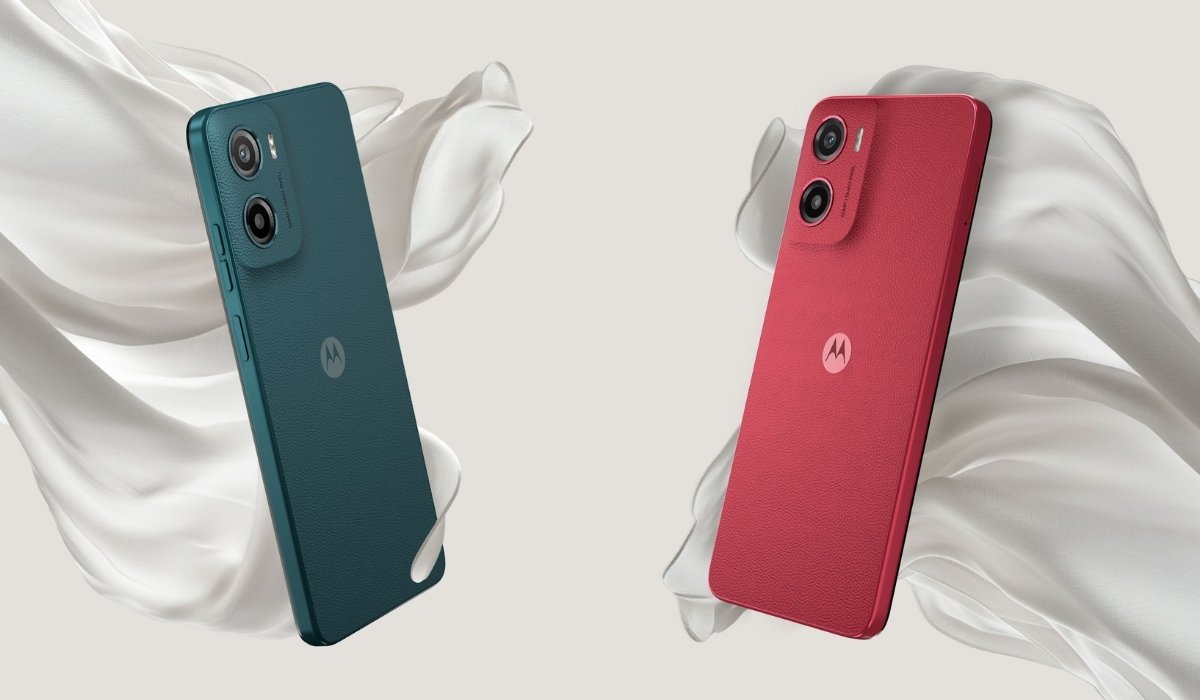Samsung’s A-series and M series managed to make quite the headlines this year. We saw some really impressive phones from the A series in particular. A70 and A50 were the main highlights this year while the A30 was left behind a little due to its slight dip in performance.
Well, Samsung did manage to bring out revamped A series smartphones with the sole intention of creating better versions. One of the revamped smartphones is called the Galaxy A30s and as you may have guessed, it is the successor to the A30.
So, is the revamped A30s any good? Well, let’s find out.
Design and Build
The Galaxy A30s is the kind of phone that can draw attention just by Its looks alone. This is because the build of the device is quite engaging. Even though it’s just a slight tweak to the standard mid-range layout, it manages to make quite the impression when people see it for the first time. So, looking at the build itself, the frontal part is made up of mostly glass, with the chin and selfie camera covering a small portion of the display.
The rear finish is the typical mid-ranging “glastic” finish from Samsung which gives off the premium vibes from the device. The appealing part about the rear is the neatly arranged triple camera setup to the top right corner and the amusing 3D pattern on the rear. The physical fingerprint scanner has been moved from the rear to underneath the display.
The phone does feel light in hand and quite slim when viewed from a third-person perspective. Besides that, there’s nothing more fancy about the device. The button placement is the same with power and volume to the right. The headphone jack is still present and the bottom also features a USB type C port capable of fast charging. On the bottom end, we have the single firing mono speaker which is fairly good. And the phone does support dual nano-SIM or a single nano-SIM and a dedicated SD slot for storage expansion.
Do note that there are no official IP certifications for the device. So, don’t ever take this phone to the swimming pool. In addition, the glastic finish does make the phone quite slippery so be careful or you may drop it. One last thing, the phone is also a major fingerprint magnet.
Display
Samsung almost never disappoints when it comes to the display. But that does not seem to be the case this time around. The Galaxy A30s flaunts a 6.4” Super AMOLED display with HD+ resolution. It contains a dew-drop notch and a slightly extended chin but it still manages to retain 84.9% screen to body ratio. Overall the screen quality is quite good. The phone does get pretty bright which is a pain when using the phone at night. The colors are quite crisp and the contrasts are quite good as well.
So, what’s not to like about this display? Well, it’s not a huge issue but I just think that the 720p resolution on the device is not quite worth the money you spend on the device. Don’t get me wrong, the display is quite alright but I just think a 1080p panel with a higher pixel density would’ve been great for the price.
Performance/Hardware
Under the hood, Galaxy A30s packs in an Exynos 7904 SoC which is then paired with 3/4GB RAM and 32/64/128GB internals. Technically speaking, this processor alone cannot handle the device all that well because it’s two main power cores are not that powerful as they’re just clocked at 1.8GHz. (The faster the clock, better the performance of the device). In short, the performance of the device isn’t all that great. The phone scored 107,541 in the benchmark which is lower than what most mid-range devices score.
It can handle day-to-day tasks pretty well but that’s it. It’s not for gaming as heavy games will put a lot of pressure on the processor, which this phone cannot handle well. I say this with experience because I tried to play heavy games. And while it did do good initially, after a certain point I started getting frame drops and a while later the phone started to get a bit hot as well.
As for RAM management, the device handles it pretty well. There was no time lag in between app switches and almost every app ran quite smoothly. Heavy apps do tend to draw out a lot from the RAM as well.
Camera
The A30s has a quite decent triple camera setup on paper. The primary camera is a 25MP sensor that is surrounded by an 8MP ultrawide sensor and a 5MP depth sensor. The output from the 25MP sensor is a bit oversaturated, in my opinion, but overall good. The details, sharpness is quite well preserved, and the color reproduction is fine as well. The dynamic range on the photos isn’t all that great but still above average.
The 8MP ultrawide is pretty good too. It captures a 123° field of view and covers a lot of space. The details aren’t that well maintained but still without zooming, it is worth something.
And then we have the 2MP depth sensor. The portrait shots are decent but the edge detection is just above average. The downside to this camera setup is that there is no night mode in this device. So, unsurprisingly the night shots aren’t all that great. A lot of detail is lost to the darkness which is a shame.
I don’t know why but they thought of including a food section instead of the night mode, which I think is pretty stupid. It may be for all the foodies but for me, it’s a disappointment. Moving on, the rear cameras support 1080p video recording at 30fps. The device does not have in-built stabilizers but still, the videos are better than I expected.
The 16MP front camera is okay-ish. The detail is quite average but the color and dynamic range seem pretty good. HDR does come in quite handy as it can handle the highlights. Portrait selfies also turn out pretty good.
Software/UI
As it is with every other new Samsung smartphone, the Galaxy A30s comes with One UI on top of Android 9 (Pie). And well there’s nothing to criticize about the UI at all. The UI isn’t that heavy so it’s fast and smooth all the time. Everything is neat and tidy, and navigation is quite easy as well. The phone does receive updates every month or so which is why there are no problems with the UI.
Biometrics
Apart from the standard pin and pattern, the Galaxy A30s has an in-display fingerprint sensor and face unlock for Biometrics. The in-display fingerprint sensor isn’t all that great. It’s accurate but it’s not that fast. But speed is not the main problem, I noticed a little problem when opening the device with fingerprints. There were sudden lags and stutters when unlocking with the fingerprint sensor. Overall, it’s just not a good experience.
The 3D face unlock is good comparatively. The camera detects the face accurately and the speed of the unlock is also considerably fast. Obviously, the face unlock does not work well at night, in that case, you’re stuck with either fingerprint or pin/pattern. Amongst the two, it’s clear that the 3D face unlock is a better choice.
Battery
The device packs in a standard juicy 4000mAh battery inside. The battery life on the device is pretty great as well. Throughout my usage period, I got a lot out of the battery. With my medium usage, the device pretty much lasted me an entire day and a half. Even if you do manage to drain the battery with heavy usage, you won’t have to wait that long.
The phone comes with a standard 15W fast charge which gets you enough power is just 2 hours. It took around 50 mins to get the phone from 0 to 50% and another hour and 10 mins to get the device fully charged. In general, the battery is quite good.
Conclusion
Honestly speaking, the Galaxy A30s is a disappointing phone for Rs 27,500. The looks, battery, UI and to some extent, the cameras are worth considering. But in general, this phone just does not meet the Rs 27,500 standard. The processor isn’t all that great, inadequate RAM, the display is average, no night mode and slow fingerprint sensor are it’s Achilles heel. Maybe for Rs 20,000, it would be worth looking into but for the current price, I wouldn’t even think about considering this phone.
Instead of the Galaxy A30s, it’s better if you go for the Redmi Note 8 Pro or Pocophone F1 or Galaxy M30s. Basically, any other phone at this range is better than the A30s.
Well, that’s all from me on the Galaxy A30s. What do you guys think, is it worth the Rs 31,890 price tag? Do let us know in the comments down below.
-
MG Windsor EV Launching in Nepal This MayHIGHLIGHTS MG Windsor EV is a Compact Utility Vehicle (CUV). Windsor EV is powered by…
-
Mahindra BE 6: Mahindra’s Engineering Might Unleashed, Expected in Nepal by 2025HIGHLIGHTS Mahindra BE 6 is an unorthodox electric SUV. BE 6 is available in Pack…
-
Motorola Moto G05 Finally Arrives in Nepal — A Budget Phone from a Trusted Brand!HIGHLIGHTS The Motorola Moto G05 price in Nepal is Rs. 12,999 (4/64GB). It has MediaTek…















